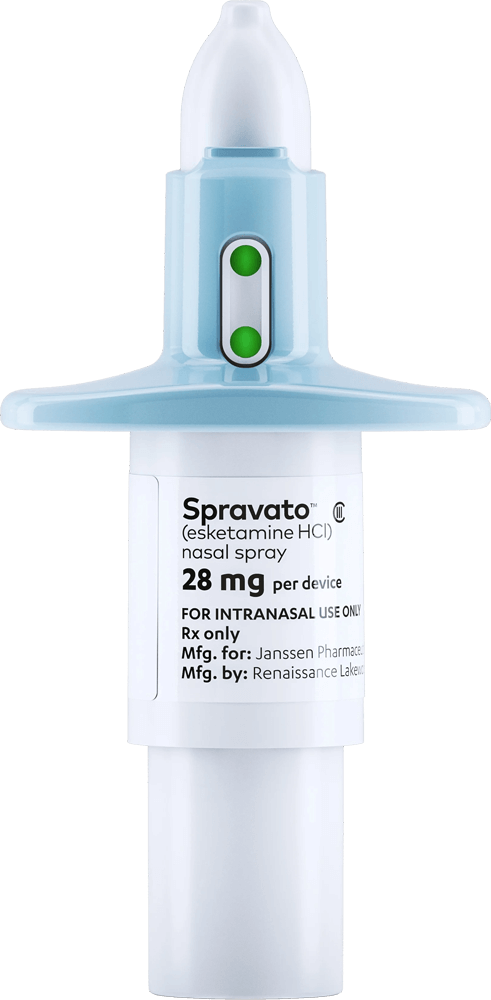
Our practice is now offering SPRAVATO®, an innovative, insurance covered treatment for depression.

Discover Hope and Healing for Depression, Anxiety, PTSD, and Chronic Pain at Ketamine Haven Clinic

Discover Hope and Healing for Depression, Anxiety, PTSD, and Chronic Pain at Ketamine Haven Clinic
At Ketamine Haven Clinic, we are committed to providing compassionate and personalized care to individuals struggling with mental health conditions. Our team of experienced professionals utilizes cutting-edge ketamine therapy to offer relief and hope where traditional treatments have failed.
We specialize in treating depression, anxiety, PTSD, and chronic pain. We believe in a holistic approach to mental wellness, combining advanced medical science with empathetic care to support our patients on their journey to recovery.


Ketamine therapy offers a breakthrough approach for those battling depression, anxiety, PTSD, and chronic pain. By targeting treatment-resistant conditions, our therapy provides rapid and effective relief, allowing you to reclaim your life and well-being.
Our dedicated team ensures a compassionate and personalized treatment experience, supporting you every step of the way on your journey to mental wellness with ketamine therapy in California.
Experience the benefits of our IV vitamin therapy, designed to replenish essential nutrients and boost overall wellness. Whether you want to enhance your immune system, recover from physical exertion, or improve mental clarity, our customized vitamin infusions provide the vital support your body needs to function at its best.












Ketamine Haven Clinic is dedicated to offering advanced mental health treatments with a focus on ketamine therapy. Our expert team provides compassionate, personalized care to help individuals overcome depression, anxiety, PTSD, and chronic pain. We are committed to innovative, holistic approaches that empower our patients to achieve lasting wellness and improved quality of life.
Hours
© 2025 Ketamine Haven Clinic. All Rights Reserved.